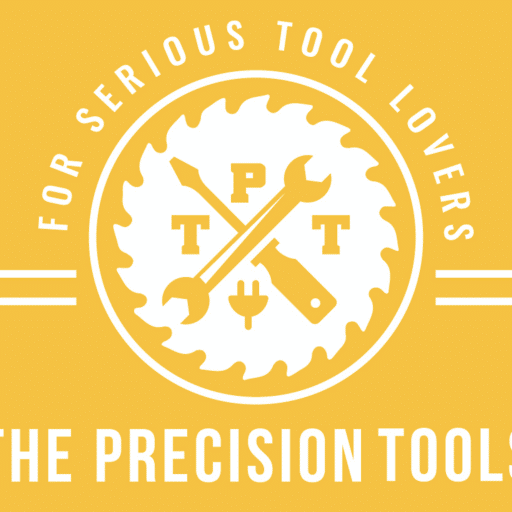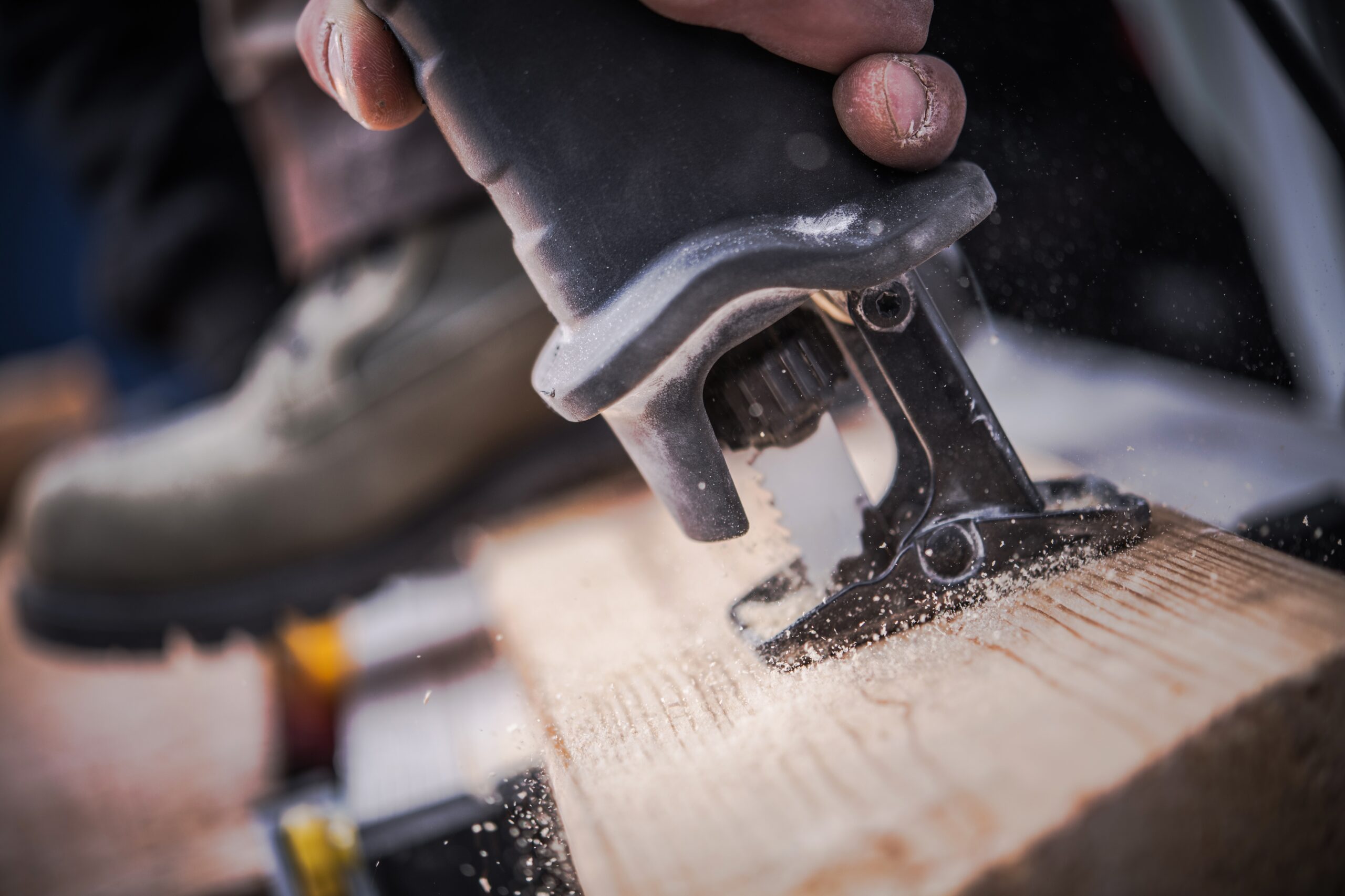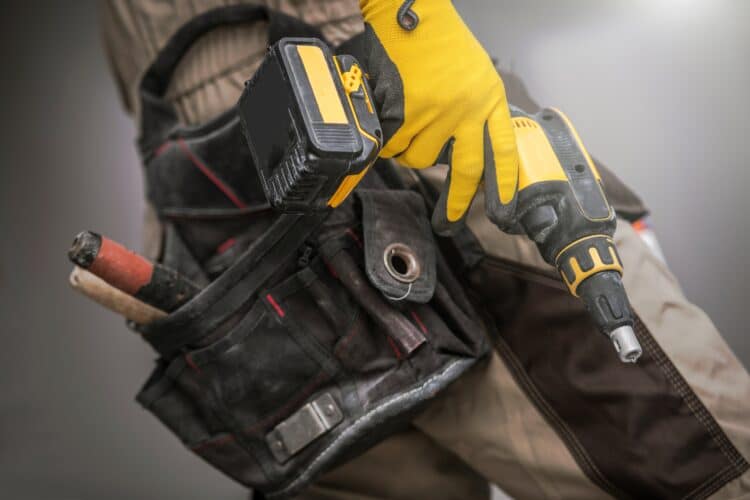Are Cordless Power Tools Worth It?
Key Takeaways
- Portability: Cordless power tools offer the advantage of being portable, allowing users to work anywhere without being tethered to a power source.
- Convenience: Cordless power tools eliminate the need for untangling cords and finding a nearby power source, making them incredibly convenient to use.
- Versatility: Cordless power tools can be used in various settings, including remote locations or areas without access to electricity, making them ideal for construction sites and outdoor projects.
Cordless power tools have become increasingly popular in recent years, offering a range of advantages and conveniences over their corded counterparts. But are they truly worth the investment? In this article, we will explore the pros and cons of cordless power tools to help you make an informed decision.
The Advantages of Cordless Power Tools
Cordless power tools offer several distinct advantages that make them worth considering for many users:
- Portability: One of the main advantages of cordless power tools is their portability. Unlike corded tools, which require a nearby power outlet, cordless tools can be used anywhere, allowing for greater mobility and flexibility. Whether you’re working in a remote location or moving around a job site, cordless tools provide the freedom to work without being tethered to a power source.
- Convenience: With cordless power tools, there is no need to constantly untangle cords or find a nearby power source. This makes them incredibly convenient to use, saving both time and frustration. Simply grab the tool, turn it on, and you’re ready to start working.
- Versatility: Cordless power tools can be used in various settings, including remote locations or areas without access to electricity. This makes them ideal for construction sites, outdoor projects, and other situations where a power outlet may not be readily available.
- Safety: Without cords, there is a reduced risk of tripping or accidentally cutting through cords while working. This not only enhances safety but also eliminates the hassle of managing cords and keeping them out of the way.
The Limitations of Cordless Power Tools
While cordless power tools offer many advantages, they do come with some limitations that may affect their suitability for certain applications:
- Limited Battery Life: Cordless power tools rely on batteries, which have a limited runtime. Depending on the tool and the specific battery used, you may need to recharge or replace batteries frequently, particularly during long projects. It’s essential to consider the battery life and charging time when choosing cordless tools to ensure they meet your needs.
- Less Power: Cordless power tools typically have less power compared to their corded counterparts. While advancements in battery technology have allowed cordless tools to match the power capabilities of corded tools, there may still be limitations when it comes to heavy-duty tasks. If you frequently tackle demanding projects, corded tools may offer better performance and efficiency.
- Higher Cost: Cordless power tools tend to be more expensive than corded tools due to the additional cost of batteries and charging systems. However, it’s important to consider the long-term benefits and convenience that cordless tools provide. If portability and ease of use are essential for your work, the higher upfront cost may be justified.
- Weight: Cordless power tools are generally heavier than corded tools due to the inclusion of batteries. This additional weight can cause fatigue during extended use, especially for overhead applications. However, manufacturers are continuously working on reducing the weight of cordless tools to improve user comfort.
Conclusion
So, are cordless power tools worth it? The answer depends on your specific needs and preferences. If portability, convenience, and versatility are essential for your work, cordless power tools offer significant advantages. However, if you require maximum power and performance for heavy-duty tasks, or if you have a limited budget, corded tools may be a better option.
Ultimately, it’s important to carefully consider the pros and cons of cordless power tools and evaluate how they align with your specific requirements. By understanding the limitations and benefits of cordless tools, you can make an informed decision and choose the tools that will best serve your needs.
Related Websites:
- Corded vs. Cordless Tools: Which is Better? – Pro Tool Reviews
- Corded vs. Cordless Tools: Why Cordless is Best – Woodworking Hobby Shop
- Cordless vs. Corded Tools: Which is Right for You? – Handyman’s World
- Best Cordless Power Tool Brand – Gear Primer
- Are Cordless Power Tools Worth It? And the 7 Best Brands – Wrench Guru
FAQs:
Q: Are cordless power tools worth it?
Yes, cordless power tools are worth it for several reasons. They offer portability, allowing you to work without being tethered by a cord. Cordless power tools have also made significant advancements in power and performance, with battery technology improving power output. While battery life is a consideration, it has also improved, and the convenience of not relying on a cord outweighs this factor for many users. Additionally, cordless power tools can be cost-effective in the long run compared to corded tools. It’s important to evaluate your specific needs and preferences before investing in cordless power tools.
Q: What are the advantages of using cordless power tools?
Cordless power tools offer several advantages. Firstly, they provide portability, allowing you to work without being limited by the length of a cord. This is especially beneficial in scenarios where you need to move around frequently or work in tight spaces. Secondly, advancements in battery technology have significantly improved the power and performance of cordless tools, making them comparable to their corded counterparts. Finally, while initial costs may be higher, the long-term cost savings of not needing to purchase extension cords or rely on electrical outlets make cordless power tools cost-effective.
Q: What applications are cordless power tools suitable for?
Cordless power tools excel in various applications. They are ideal for construction and remodeling projects, allowing you to work in different areas without the need for cords. Cordless tools are also great for DIY home improvements, giving you the flexibility to work in different rooms or outside. Additionally, they are well-suited for outdoor and landscaping tasks, where the absence of a cord allows for easy maneuverability. However, heavy-duty applications requiring consistent power or continuous use for extended periods may be more suitable for corded tools.
Q: What do users say about cordless power tools?
Users generally report positive experiences and benefits with cordless power tools. They appreciate the convenience of not being tethered by a cord, which allows them to work more freely and efficiently. The advancements in battery technology have also impressed users, as it has improved power and performance. However, some users have mentioned limitations or issues with battery life, especially when using the tool extensively. It’s important to consider user feedback and evaluate your specific needs before making a decision.
Q: How do cordless power tools compare to corded counterparts in terms of power and performance?
Cordless power tools have made significant advancements in power and performance, making them comparable to corded counterparts. While corded tools generally offer consistent power, cordless tools have closed the gap with advancements in battery technology. Modern cordless tools can deliver high power output for a wide range of applications. However, it’s important to consider the specific needs of your projects and evaluate if cordless power tools can meet those requirements.





